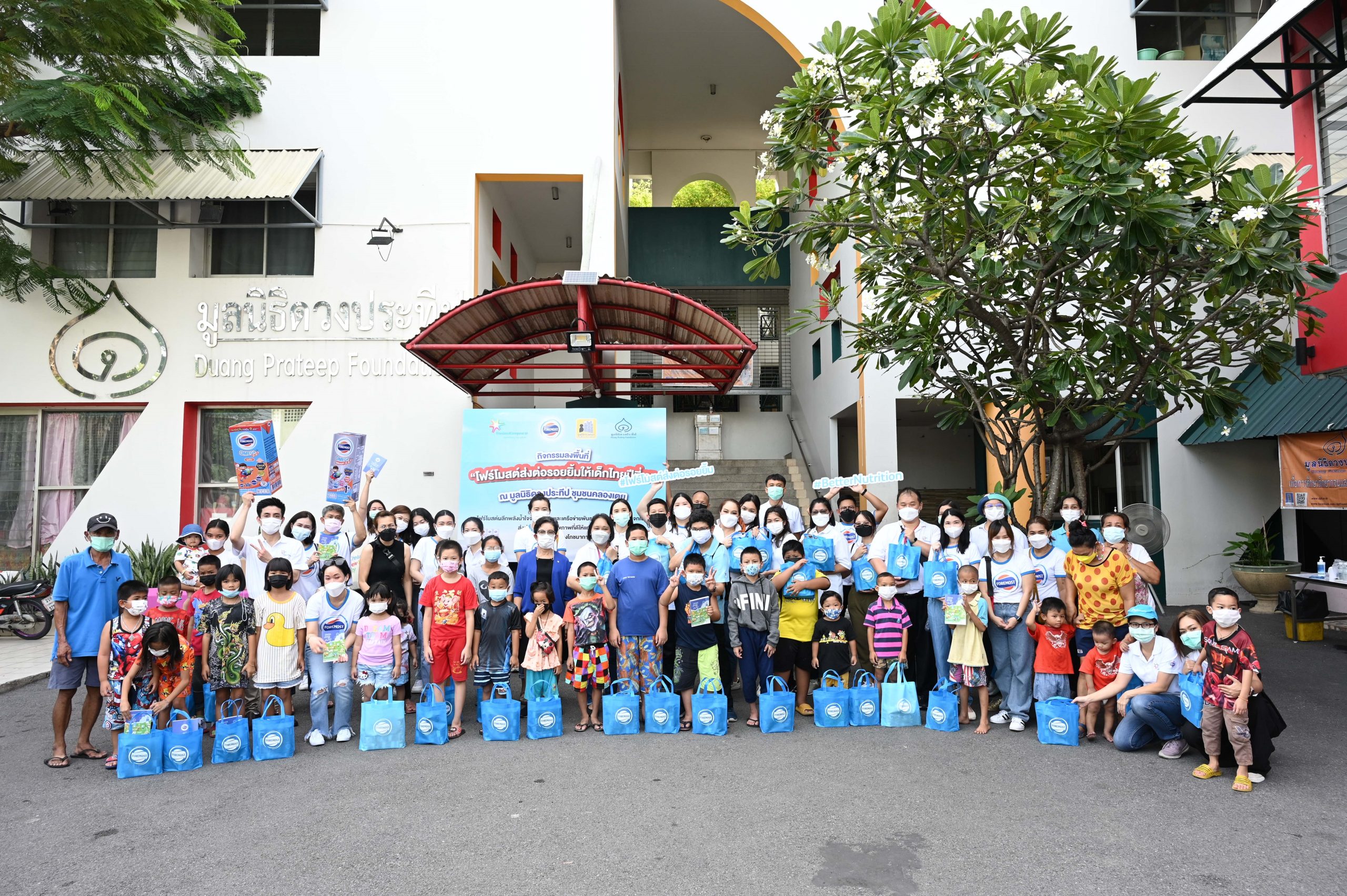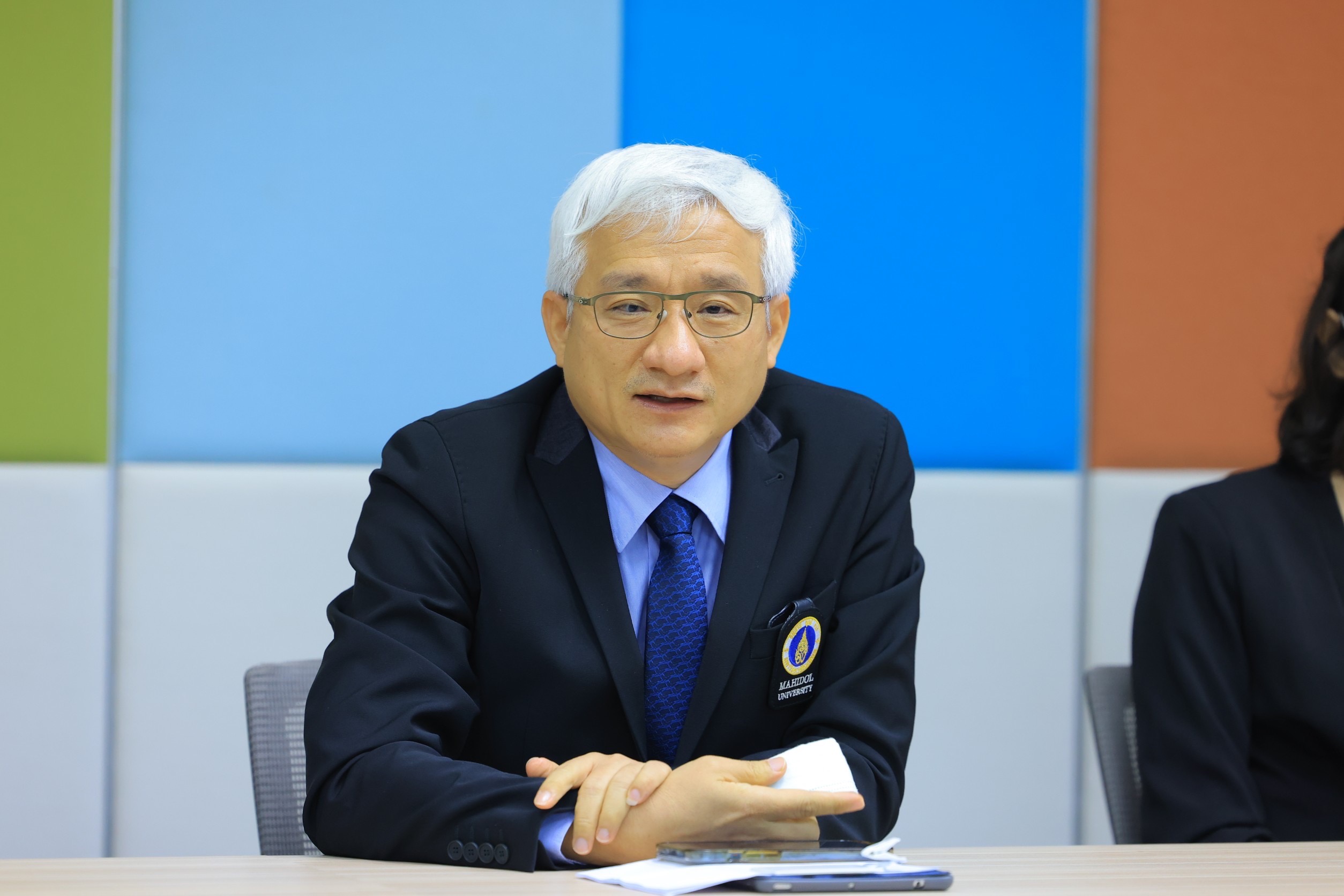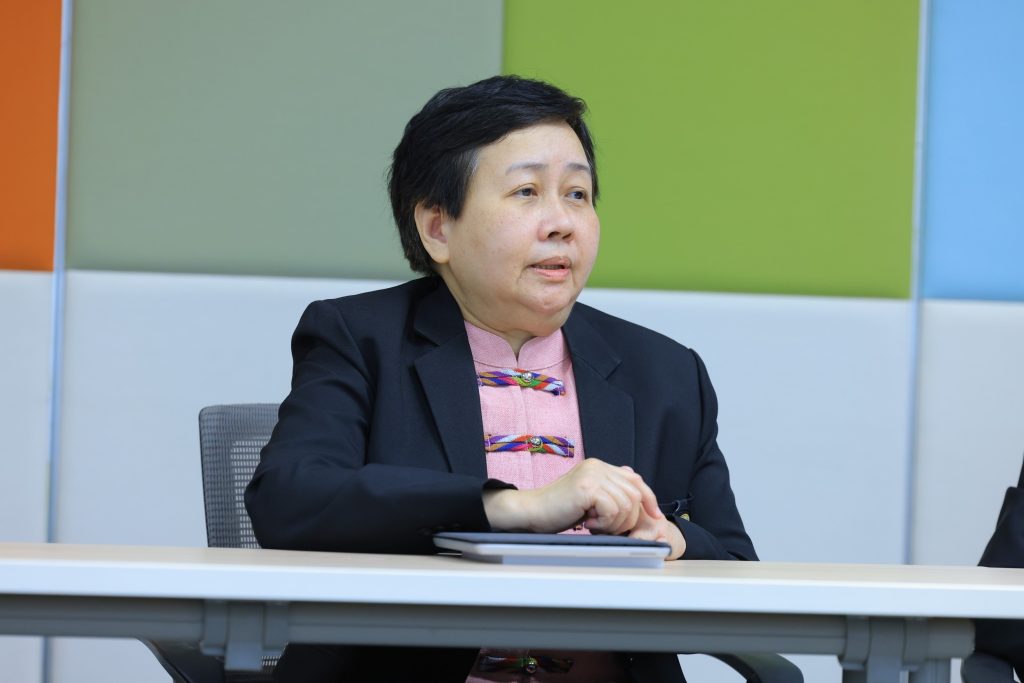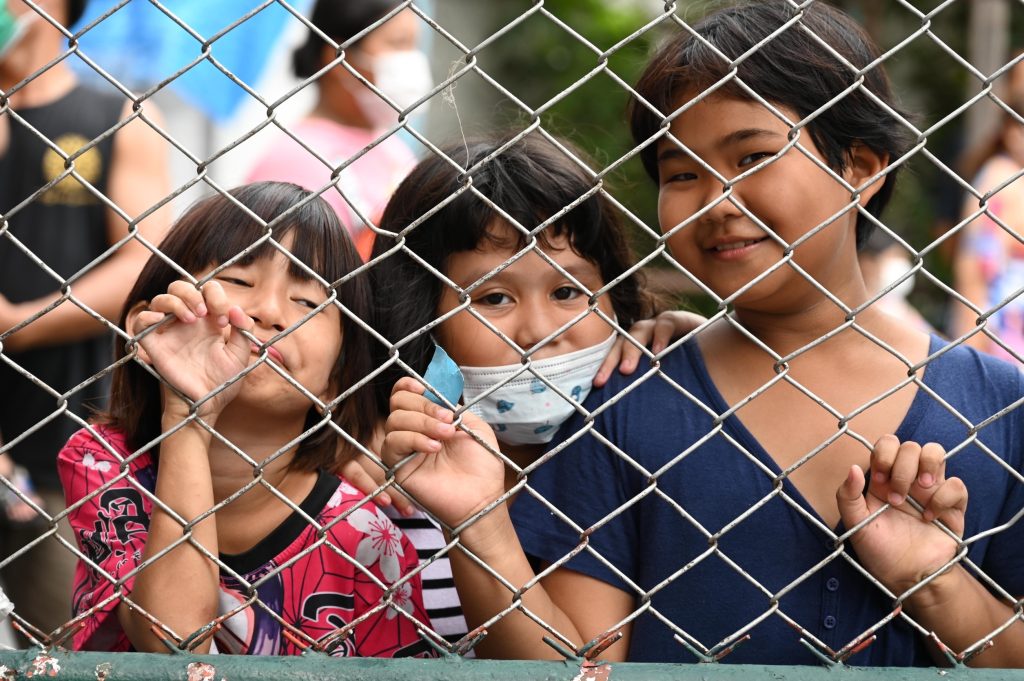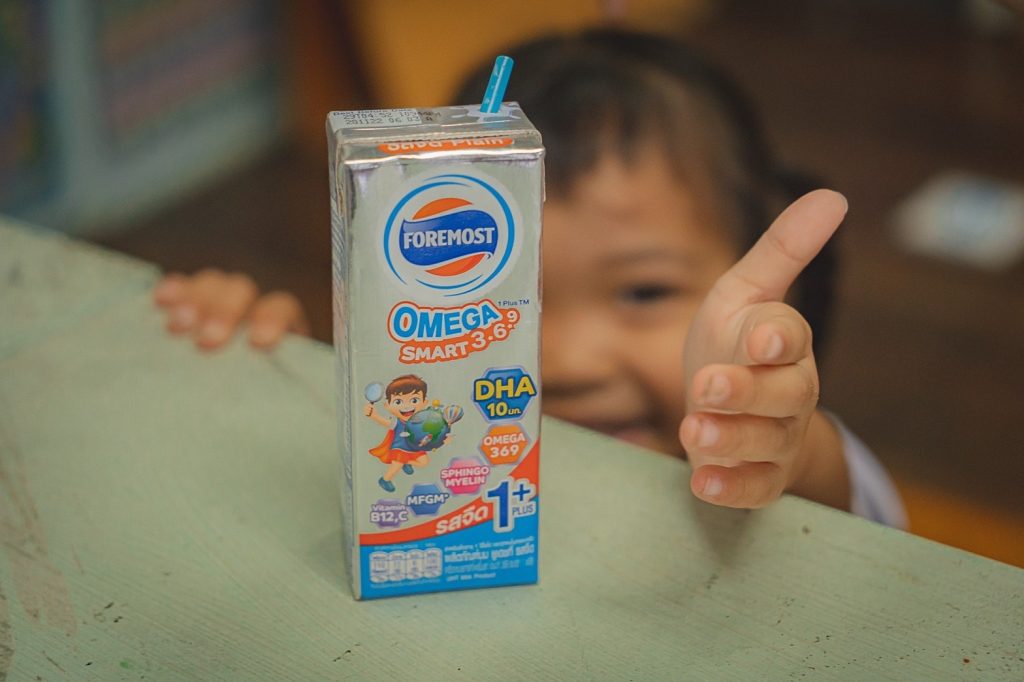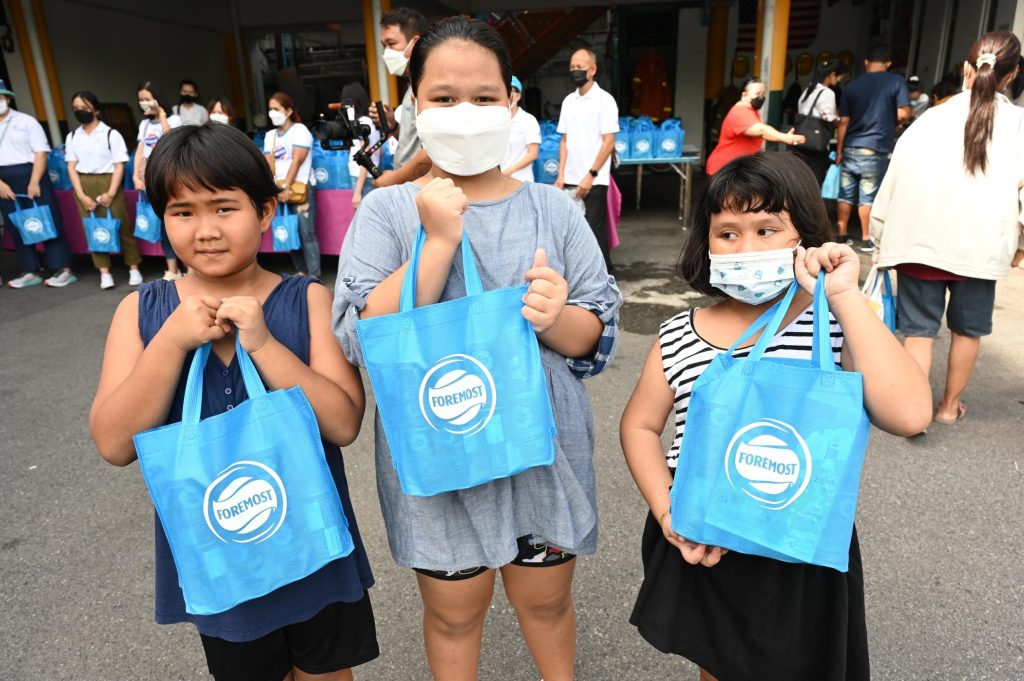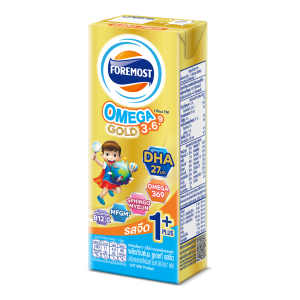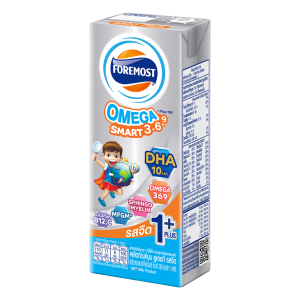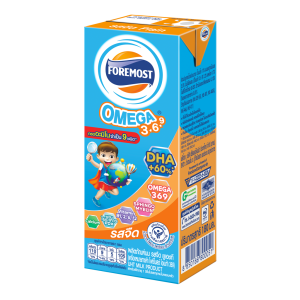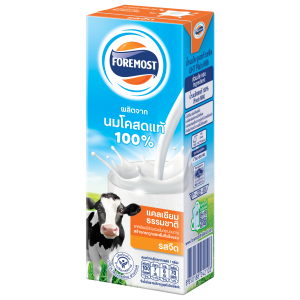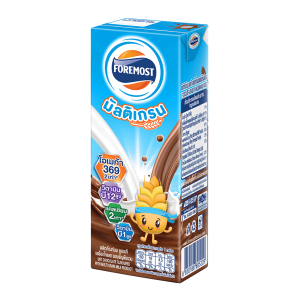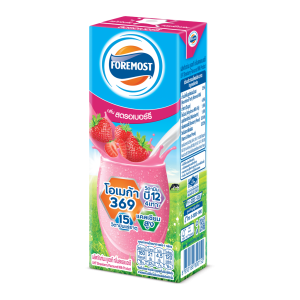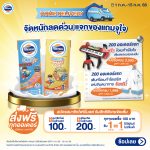Bangkok, 29 September 2022 – FrieslandCampina (Thailand) Public Company Limited in collaboration with the Institute of Nutrition Mahidol University revealed the results of an in-depth survey on the nutritional status of children from the SEANUTS II project. The results indicate that Thai children have health issues that are still of concern, including being overweight and obese which is found in more than 30% of children aged 7-12 years and anaemia which is found in up to 50% of children aged under 1 year as a result of imbalanced daily food intake and energy-nutrient intake. The survey also noted the change in behaviour due to the COVID-19 epidemic, for example, there is a 32% decrease in outdoor activities as children spend more time with electronic devices. FrieslandCampina Thailand and Mahidol Institute of Nutrition aim to disseminate knowledge to parents and the general public, along with passing on important information to relevant agencies to create a health and nutrition plan and focus on the development of products that meet the health needs of children in the future to solve the problem of malnutrition in Thai children.
Assoc. Prof. Dr. Chalat Santiwarangkana, Director of the Institute of Nutrition, Mahidol University, stated, “Food security and good nutrition affect the quality of life of the population in the country, which is an important resource that will drive the development in other areas. As an academic organisation that aims to strengthen the nation's food and nutrition, it is important that we conduct surveys under the SEANUTS (South East Asian Nutrition Surveys) project to gain insights into the factors affecting the nutritional status of children in the ASEAN region including Thailand i.e. food consumption and children behaviour. This survey is the second collaboration between the Institute of Nutrition, Mahidol University and FrieslandCampina Research Institute, after the first one was conducted during 2010-2011. In the latest batch of survey data from 2019 – 2021, COVID-19 pandemic played as an additional factor of interest”.
Assoc. Prof. Dr. Nipa Rojrungwasinkul, Advisor to the Institute of Nutrition Mahidol University and head of the SEANUTS II project in Thailand, revealed, “Child malnutrition is still a major problem in many countries around the world including Thailand. This issue reflects the quality of food and child nutrition that still needs to be improved. Now, Thai children aged 6 months to 12 years both in urban and remote areas still face various forms of malnutrition. It is found several times that in a single family there are members, more than 30% of which are children aged 7-12 years, with multiple malnutrition conditions namely lack of nutrients, overweight and obesity, which are risk factors for chronic non-transmissive diseases such as cardiovascular disease, diabetes, etc. It is also found that more than 70% of children aged 6 months - 12 years receive non-sufficient amount of the daily recommended calcium intake. In addition, the survey found that anaemia in children under 4 years of age in Thailand is as high as 40%, which is more than any other country in the surveyed group. Anaemia is a condition likely to cause hindrance in children’s cognitive development, body growth and immune system. While the early signs of malnutrition such as short stature in children aged 0-5 years were found to have decreased from 10 years ago, when it was at 10.6%, now it is about 4.6% and is the lowest when compared to other countries that jointly conducted the SEANUTS II survey”
Assoc. Prof. Dr. Nipa further explained behaviours related to nutritional status and children's health that “the research team has studied breakfast consumption routine and found a good sign that most Thai children have breakfast. More than 55% consume eggs regularly with at least 4 eggs consumed per week, while 88.1% drink more than 4 glasses of milk per week. When exploring the quality of nutrients, it was found that in children who received enough calories at breakfast, both in the group of macronutrients and groups of micronutrients that are essential to the body such as protein, iron, zinc, vitamins A, C, D, B1, B2, B3 and B12, the proportion of malnutrition is reduced (less deficient) compared to the group receiving insufficient calories at breakfast. Consequently, sufficient calorie intake at breakfast is crucial for the adequate nutritional intake throughout the day.
“There are many interesting things from the SEANUTS II survey,” Dr. Olarn Chowiwatana, Director of Corporate Affairs, FrieslandCampina (Thailand) Public Company Limited, said about the survey results, “Even though, considering the overall situation both in terms of breakfast consumption and lack of malnutrition (Stunting), Thailand is at a better level than other ASEAN countries, but there are still many areas that we can improve, for example, not getting enough calcium despite Thai children drinking milk regularly. As we all know that the recommended amount of milk for children is 2-3 glasses per day, so consumption of more than 4 glasses per week might still not be enough. Also, this finding has forced manufacturers to look back on the quality of and nutrients in ready-to-drink milk when milk is children’s primary diet. As a whole, malnutrition (in all aspects) remains a common problem among all ASEAN countries.
